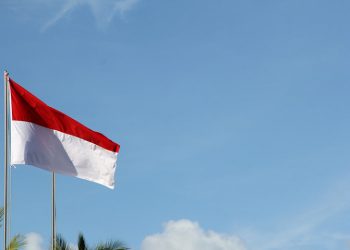[elementor-template id=”3753″]
This is dummy title and will be replaced with real title of your post
On August 27, 2019, Indonesia’s Ministry of Labor issued Regulation No. 228 of 2019 which defines the types of job positions foreign employees can hold in the country. This new law widens the number of positions to which the expatriate workers have access to, consolidates the list of positions into one, serving to simplify the approval process for employers and foreigners. It comes in addition to the Ministry of Labor Regulation No. 10 of 2018.
The main intention of the newly issued ordinance is to attract highly-skilled foreign employess into the country of Indonesia.
Regulation 228 comprises well over 2,000 job titles covering 18 sectors of activity. The job positions as well the requirements will be reassessed by the Ministry in two years. The sectors with the largest volume of positions open to expats are education, mining, construction and IT.
The reform also entails the following:
⦁ The Ministry of Labor can now directly approve work permits for foreigners who hold titles or positions that are not listed in Regulation 228, 2019;
⦁ The foreigners are required to have at least five years of work experience, more than eight for directors and commissioners;
⦁ The foreigners have the obligation to help transfer their expertise to their Indonesian colleagues or employees.
This latest regulation is being acknowledged as a great opportunity to attract highly-skilled foreign workers in order to fill the skills gap Indonesia is currently being faced with.
On August 27, 2019, Indonesia’s Ministry of Labor issued Regulation No. 228 of 2019 which defines the types of job positions foreign employees can hold in the country. This new law widens the number of positions to which the expatriate workers have access
Related Posts
edit post

Moving
New Regulation on Positions Open for Employment mark a potential shift in Indonesian economy
edit post

Immigration
Australia and the quest of attracting highly skilled workforce
edit post

Relocation
Global Mobility in the now: Trends that are here to stay (II)
edit post

Immigration
How can employers prepare for the rise of digital nomadism
edit post

HR
Global Mobility in the now: Trends that are here to stay
edit post

Immigration